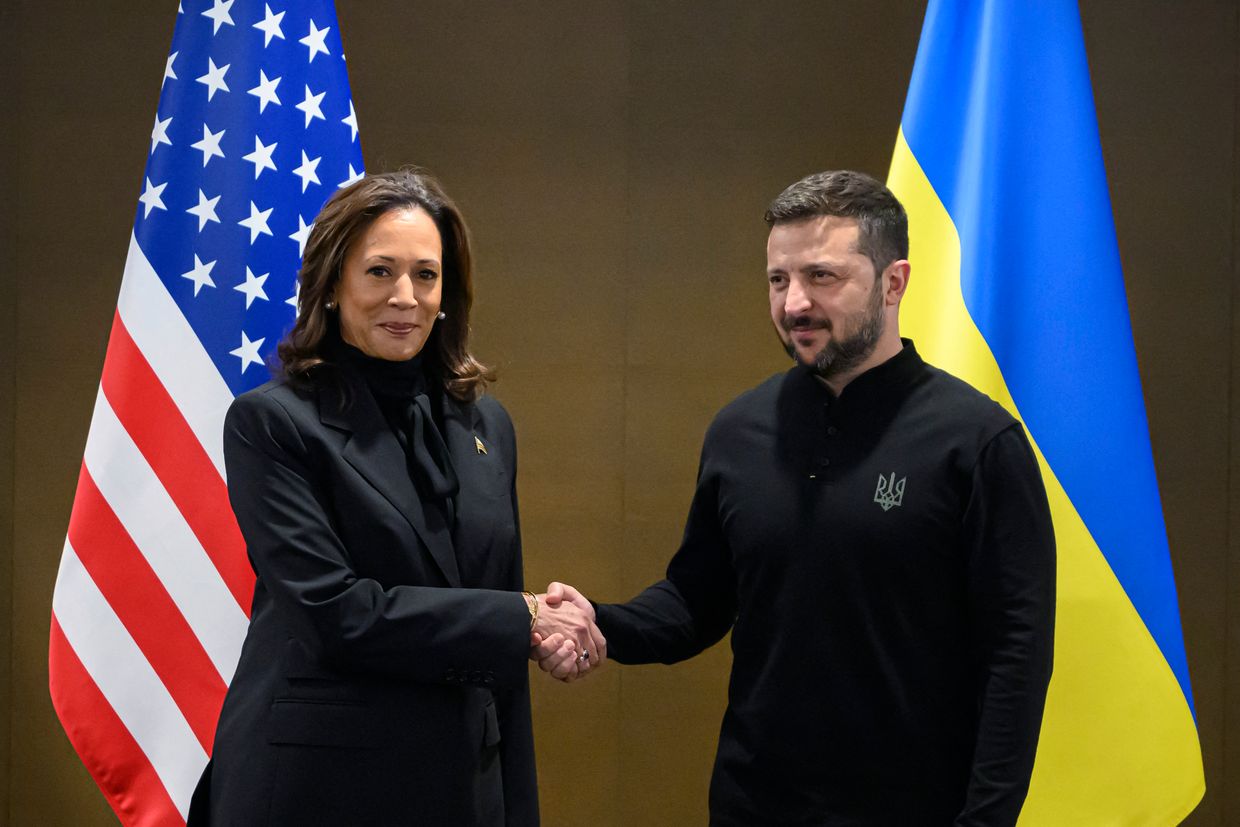Kamala Harris secures enough delegate endorsements to win Democratic presidential nomination

Editor's Note: This is a developing story and is being updated.
U.S. Vice President Kamala Harris secured enough endorsements from Democratic delegates on July 22 to win the party's nomination for president, CNN reported.
Harris, whose nomination will be confirmed in a vote prior to the Democratic National Convention (DNC) on August 19, becomes the presumptive Democratic nominee for president days after incumbent President Joe Biden dropped out of the race and endorsed Harris for the nomination.
Biden left the race amid increased pressure from high-ranking Democrats for him to drop out of the race, citing concerns regarding Biden's fitness for office and mental acuity intensified following the president's poor debate performance in June.
Harris, on Monday, received the backing of more than 1,976 pledged delegates needed to secure the nomination. Although the endorsements are non-binding with Biden out of the race, no other serious competitors for the presidential nomination have emerged since Biden dropped out.
The endorsement count, tracked by CNN, stems from public statements made by both delegates and state delegations. Multiple state delegations have voted either unanimously or in a "overwhelming majority" to back Harris for the nomination.
A career prosecutor from California, Harris served on the Senate Select Committee on Intelligence as a Senator before running in the 2020 Democratic primary. She dropped out of the race and endorsed Biden, who appointed her as his running mate. She became the first female vice president in U.S. history in January 2021.
Harris' work as VP has focused heavily on immigration and reproductive rights, but she has played a role in the Biden administration's foreign affairs efforts.
At Ukraine's global peace summit in Switzerland in June, Harris represented the U.S. and announced over $1.5 billion in additional support for Ukraine. The summit also marked her sixth meeting with President Volodymyr Zelensky
In February 2023, Harris accused Russia of crimes against humanity for its war in Ukraine at the Munich Security Conference, saying the aggressor must be held responsible for their "barbaric" war operations.
Former U.S. Ambassador to Ukraine John Herbst said that a Harris presidency would likely maintain the same policy towards Ukraine demonstrated by the Biden administration. He added that regardless of the outcome of the November vote, there are still six months left in Biden's term.
Ukrainian officials, including Zelensky, have stressed that Kyiv will continue to cooperate productively with any U.S. administration, regardless of the outcome of the November election.












